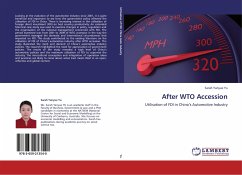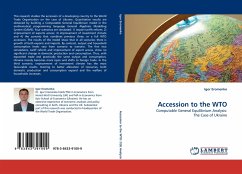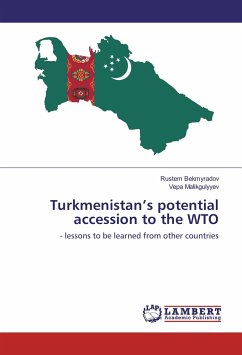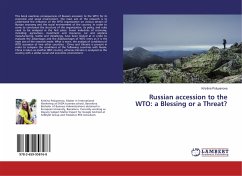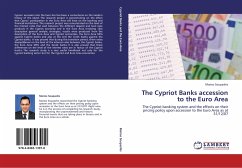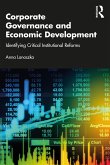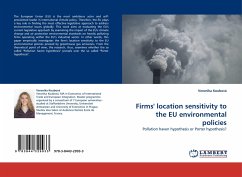Looking at the evolution of the automotive industry since 2001, it is quite beneficial and important to see how the government policy affected the utilisation of FDI in China. There is increasing interest in the utilisation of foreign direct investment (FDI) on host country productivity. An extended historical case study was used to examine changes in policy, regulation and the organisation of the national management concerned with FDI. The period examined was from 2001 to 2009 of WTO accession in the way the government managed the domestic and international circumstances that impacted on FDI. This study contributed to the existing literature on the utilisation of FDI of China's automotive industry after WTO accession. The study illustrated the merit and demerit of China's automotive industry policies. The research highlighted the need for appreciation of government policies. The results of the study revealed a high level of China's automotive policies and the maximum utilisationof FDI to supervise the industry. The intercultural conception and integration of operation ideas and practices are likely to come about when East meets West in an open, reflective and global context.
Bitte wählen Sie Ihr Anliegen aus.
Rechnungen
Retourenschein anfordern
Bestellstatus
Storno

